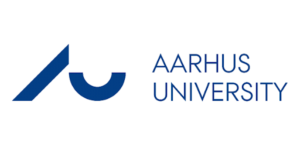Bios
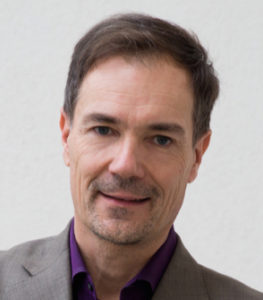
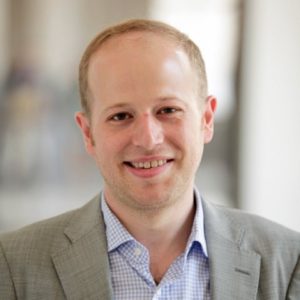
Christian F. Ostermann is Director of the History and Public Policy Program (HAPP) which seeks to bring historical context to public policy issues. Dr. Ostermann also oversees the Center’s renown Cold War International History Project (CWIHP) and co-directs (with Professor Leopoldo Nuti, Roma Tre University, Rome) the Nuclear Proliferation International History Project (NPIHP) and its Nuclear History Boot Camp. He created and leads the North Korea International Documentation Project (NKIDP) which documents North Korean politics and foreign policy. Ostermann envisioned and established the program’s award-winning Digital Archive—International History Declassified, winner of the American Historical Association’s Roy Rosenzweig Prize. Under his leadership since 1998, the program has become a globally-active and widely-acclaimed resource for new and policy-relevant historical findings and insights. Together with W. Roger Louis (National History Center) Ostermann launched and co-chairs the weekly Washington History Seminar.
Charles Kraus is the Deputy Director of the History and Public Policy Program at the Wilson Center. A historian by training, Kraus has been with the Center since 2012.
Dr. Kraus leads the History and Public Policy Program’s projects on the history of China’s foreign relations and spearheads other initiatives that expand the public’s access to declassified archival sources, provide training to next-generation experts, and bring historical context to public policy issues. He is the coordinator for the Cold War International History Project, the North Korea International Documentation Project, and the Nuclear Proliferation International History Project.
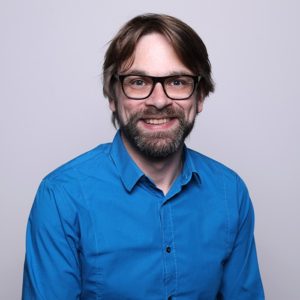
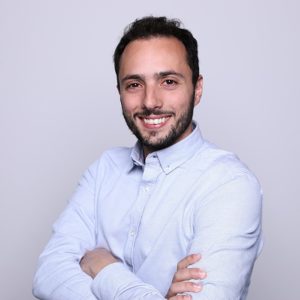
Lars Wieneke holds a PhD in Engineering from the Bauhaus-University Weimar, Germany. After graduating from the Technical University of Ilmenau he worked as a researcher in the Department of Interface Design at the Bauhaus-University Weimar. Funded by a Marie-Curie fellowship, Lars joined the EPOCH/CHIRON research group at the University of Brighton in January 2007 and specialised in the application of user-created content for museums and cultural heritage. In 2009, Lars worked as an independent consultant for museums and cultural heritage in France before becoming project manager of a joint research project between the Jewish Museum Berlin and the University of Applied Sciences Berlin. He joined the Centre Virtuel de la Connaissance sur l’Europe (CVCE) in 2011 and worked as a researcher in the Digital Humanities Lab. In 2014, he became the Head of the Information & Technology department at the CVCE. On the 1. of July 2016 he joined the University of Luxembourg and became head of the digital research infrastructure of C2DH in April 2017. Lars has worked in multiple international projects and networks. He acted as a work package leader in the FP7 funded project CUbRIK where he coordinated the development of histoGraph, a new tool for the indexation, exploration and analysis of multimedia archives that incorporates graph visualisation approaches and different levels of crowd-sorucing. He was also a co-head of the Europeana taskforce on User-Generated content and is currently a co-head of the working group on visualisation and interactivity in DARIAH.
Daniele Guido is a designer and full-stack developer specialising in data visualisation, network visualisation and digital methods. He designs and develops experimental web applications and tools to enhance scholarly publications and research practices in the digital humanities. He follows each prototype from the very early stages of paper-prototyping and co-design with end users to the deployment of the application in the real world. He has a hybrid background in Fine Art (Fine Art Brera Academy, Milan, 2006) and Design (MSc in Communication Design, Politecnico di Milano, 2009), which has enabled him to experiment with a broad selection of web technologies – PHP, Node.js, Python – in very different contexts with different stakeholders. He worked for several years at the Sciences Po Medialab in Paris and the Politecnico di Milano’s Density Design Lab. He joined the University of Luxembourg in July 2016 along with the CVCE team.
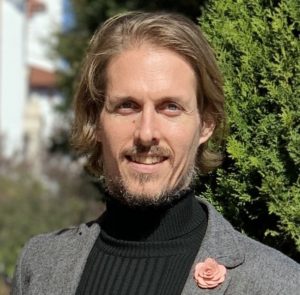
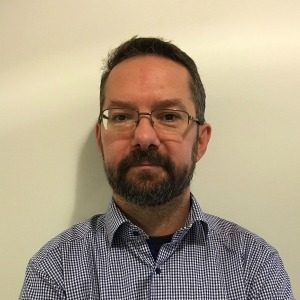
Arnaud Kurze is a Global Fellow at the Woodrow Wilson Center. He is also Associate Professor of Justice Studies at Montclair State University. His scholarly work on transitional justice in the post-Arab Spring world focuses particularly on youth activism, art and collective memory. Dr. Kurze is currently leading a Digital Humanities Project on political change in the Mediterranean basin and is co-organizing the Cres Summer School on Transitional Justice. Since 2013 he has been a Visiting Scholar at New York University. He is widely published and the editor of New Critical Spaces in Transitional Justice: Gender, Art & Memory. He is the recipient of numerous awards and fellowships, including the American Council on Learned Societies and Sciences Po.
Christian Axboe Nielsen is Associate Professor of History and Human Security at Aarhus University in Denmark. He received his Ph.D. in Eastern European history with distinction from Columbia University in 2002, and also holds a Master of International Affairs degree from Columbia University’s School of International and Public Affairs. He has worked as an analyst at the International Criminal Tribunal for the Former Yugoslavia and at the International Criminal Court, and has appeared as an expert witness in international and domestic criminal and civil cases, including the trials of Momčilo Krajišnik, Mićo Stanišić, Stojan Župljanin, Goran Hadžić and Radovan Karadžić. He has also worked as a consultant for the Special Tribunal for Lebanon and for the Ministry of Justice in Canada and for the Federal Prosecutor in Germany. In 2014, he published Making Yugoslavs: Identity in King Aleksandar’s Yugoslavia (University of Toronto Press) and has recently finished a manuscript on assassinations perpetrated by the Yugoslav State Security Service. He has published numerous articles in peer-reviewed journals on Yugoslav history, football hooliganism, mass violence and genocide. He is currently working on a history of the police in socialist Yugoslavia and is also conducting research on competitive victimhood in the historiographies of the former Yugoslavia.



